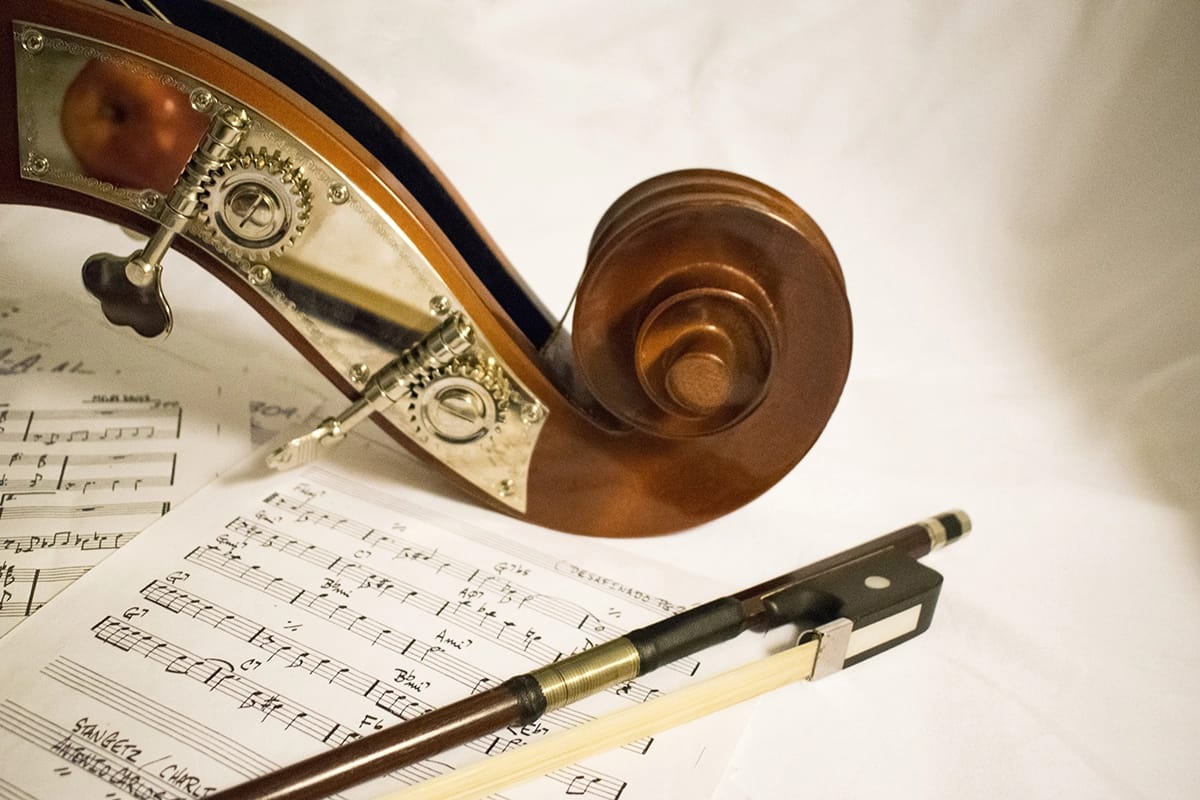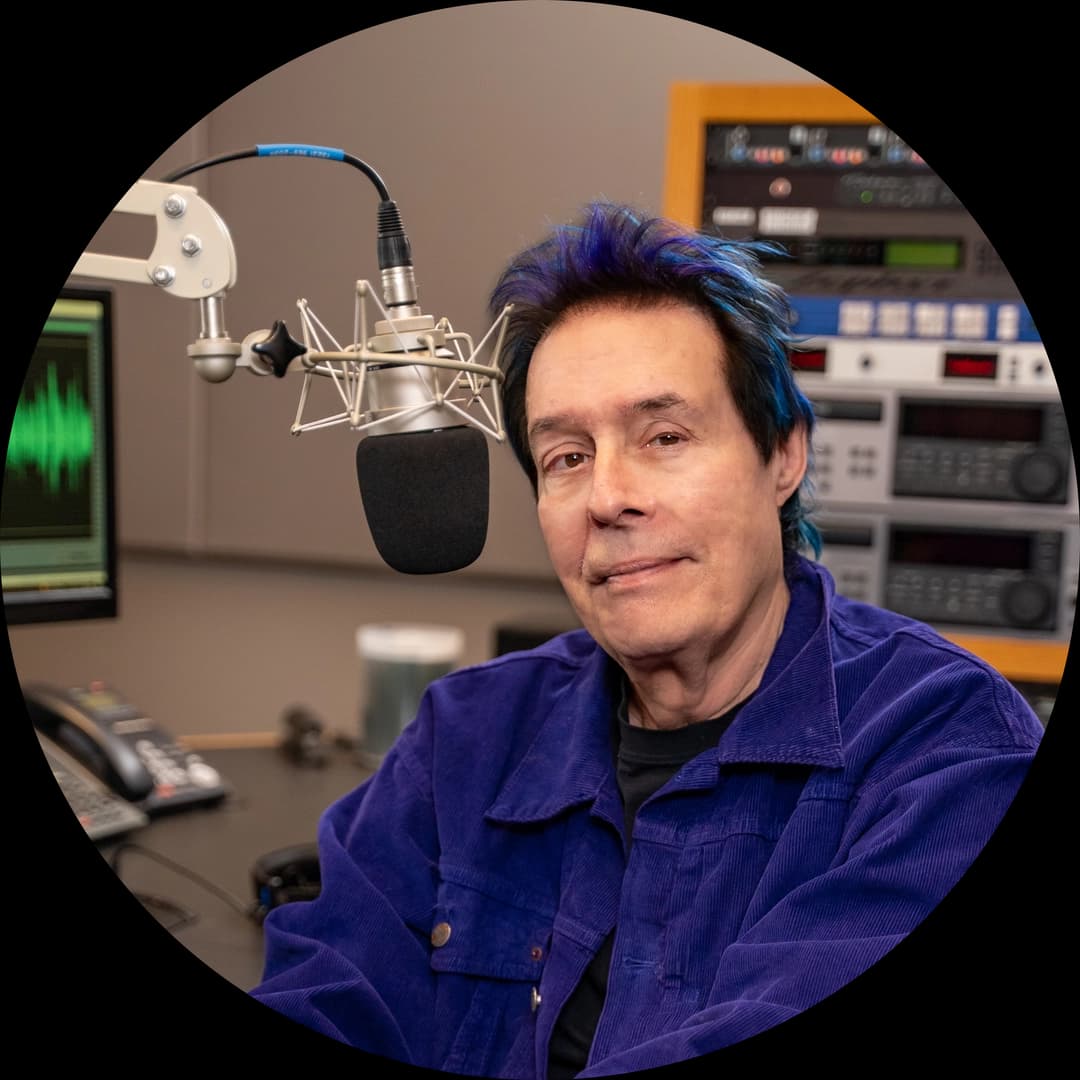
articles / Chapman Challenge
Chapman Challenge: Do Composers Write for Each Instrument?

KUSC’s Alan Chapman has a lot to say about music, but can he say it in 60 seconds? That’s the Chapman Challenge. We ask a question and Alan has a minute to answer it.
Today’s question is this: When composers write symphonies, do they write all the notes that each of the instruments plays?
A composer may write directly on orchestral score paper with its twenty-four or more staves. But it’s quite common for a composer to first make a sketch of the piece to work out themes and their development, harmony, and overall structure, just as an artist might make a sketch of what will be an oil painting. Of course, while the composer sketches, thoughts about the eventual orchestration will surely arise.
Two additional notes: Composers for Broadway will almost always turn the job over to an orchestrator with special expertise in theatrical work. And film composers, even though they could orchestrate a score themselves, frequently employ one or more orchestrators, a reflection of time constraints. The music for a film has to be composed, orchestrated, recorded and added to the movie at the end of the production process.
That’s today’s Chapman Challenge. Is there a question you’d like to have answered in 60 seconds? Send it to us at [email protected].






